Home>Home Maintenance>What Is The Lifespan Of A Home Ventilation System
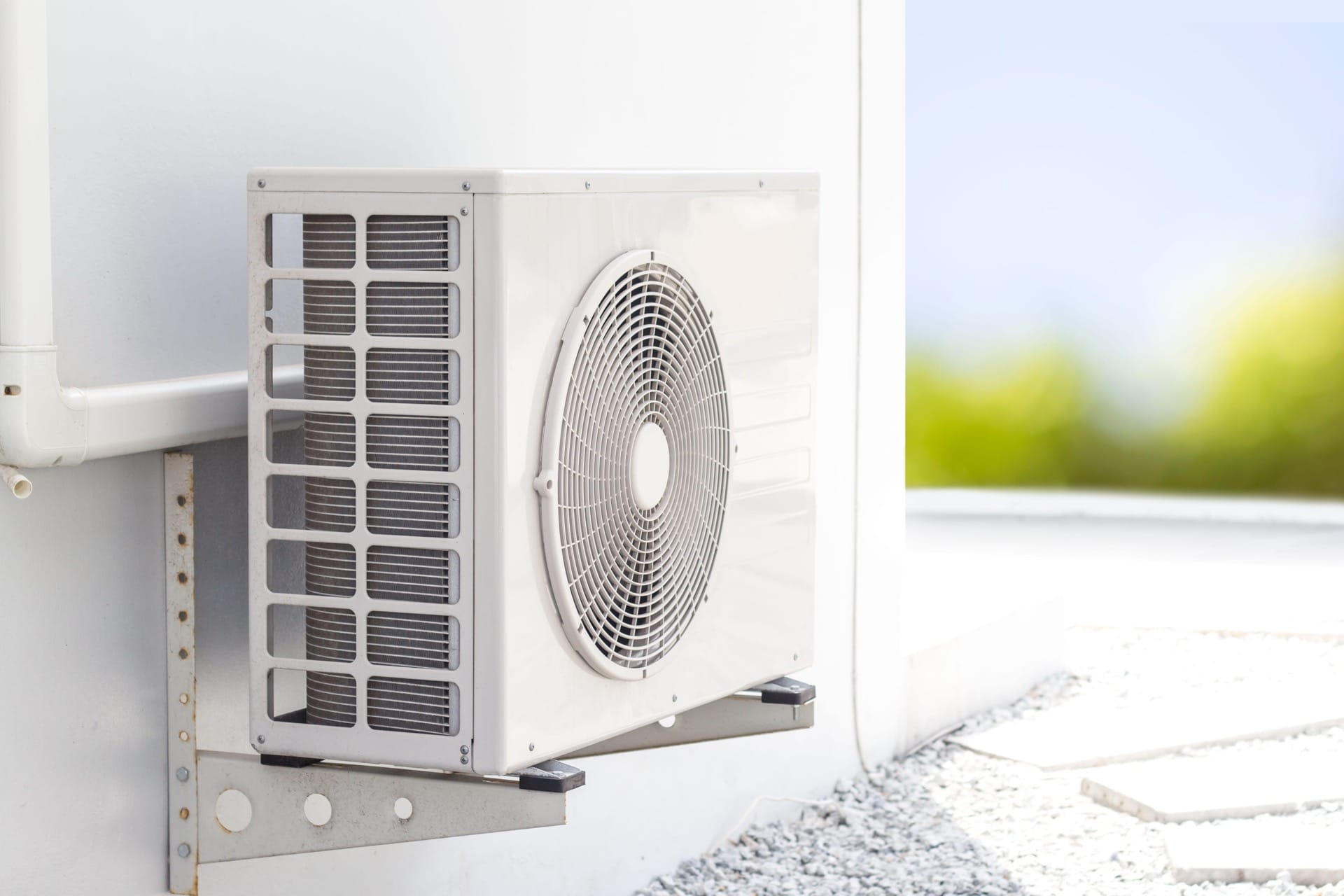

Home Maintenance
What Is The Lifespan Of A Home Ventilation System
Modified: March 6, 2024
Learn how long a ventilation system should be operating in your home and how to maintain it properly. Discover expert tips for home maintenance.
(Many of the links in this article redirect to a specific reviewed product. Your purchase of these products through affiliate links helps to generate commission for Storables.com, at no extra cost. Learn more)
Introduction
Welcome to our comprehensive guide on ventilation systems and their lifespan. In this article, we will discuss the importance of ventilation systems in maintaining a healthy and comfortable home environment. We will also explore the factors that can affect the lifespan of these systems and provide tips on how to extend their lifespan through regular maintenance and repairs.
Ventilation systems play a crucial role in residential buildings by providing a constant flow of fresh air and expelling pollutants, moisture, and odors. They help remove indoor air pollutants, such as volatile organic compounds (VOCs), carbon dioxide, and airborne particles, ensuring the air inside our homes is clean and safe to breathe.
Proper ventilation is especially important for homes that are tightly sealed for energy efficiency. Without adequate airflow, homes can become stuffy, humid, and susceptible to mold growth, leading to various health issues such as allergies, respiratory problems, and poor indoor air quality.
Now that we understand the significance of ventilation systems, let’s delve into the factors that can impact their lifespan. Understanding these factors will help homeowners make informed decisions on how to maintain and prolong the lifespan of their ventilation systems.
Key Takeaways:
- Proper maintenance and repairs can extend the lifespan of ventilation systems, ensuring clean and fresh air in your home for a healthy and comfortable living environment.
- Recognizing signs of a malfunctioning ventilation system early and seeking professional help can prevent further damage and ensure the well-being of your home and its occupants.
Importance of Ventilation Systems
Ventilation systems are not just a luxury; they are a necessity for maintaining a healthy and comfortable living environment. Here are some key reasons why ventilation systems are important:
- Air Quality: Ventilation systems help remove indoor air pollutants, ensuring the air we breathe is clean and free from contaminants. This is particularly important for individuals with respiratory conditions such as asthma or allergies.
- Moisture Control: Proper ventilation helps control moisture levels in the home. Excess moisture can lead to mold growth and damage to the structure of the building. A well-functioning ventilation system can prevent these issues by expelling moisture and maintaining optimal humidity levels.
- Odor Removal: Ventilation systems efficiently remove unpleasant odors from cooking, pets, and other household activities. This helps to keep your home fresh and inviting.
- Temperature Regulation: Ventilation systems can assist in regulating the temperature inside your home. By allowing fresh air to circulate, they help distribute heat evenly during the winter months and cool down the house in the summer.
- Energy Efficiency: Properly designed ventilation systems can improve the energy efficiency of a home by reducing the need for excessive heating or cooling. By providing a consistent airflow, ventilation systems can help maintain a comfortable indoor temperature while reducing energy consumption.
It is essential to note that ventilation systems are not limited to traditional windows and doors. Nowadays, there are various types of ventilation systems available, including mechanical ventilation systems that use fans and ductwork to circulate air effectively.
By understanding the importance of ventilation systems, homeowners can prioritize their maintenance and ensure optimal performance. In the next section, we will look at the factors that can impact the lifespan of these systems.
Factors Affecting the Lifespan of Ventilation Systems
Several factors can influence the lifespan of ventilation systems. Understanding these factors can help homeowners take proactive measures to prolong their systems’ lifespan. Here are some key factors to consider:
- Quality of Installation: The quality of the initial installation plays a significant role in the lifespan of a ventilation system. Improper installation can lead to inefficiencies and premature wear and tear. It is crucial to have your ventilation system installed by a qualified professional to ensure it is set up correctly.
- Regular Maintenance: Adequate and regular maintenance is vital for the longevity of ventilation systems. Neglecting maintenance tasks such as cleaning filters, inspecting ductwork, and lubricating fan motors can result in reduced efficiency and increased risk of breakdowns.
- Airflow Obstructions: Blockages and obstructions in the ventilation system can restrict airflow and put unnecessary strain on the system. Regularly inspecting and clearing any obstructions, such as debris or dust buildup, is crucial to maintain proper airflow and extend the lifespan of the system.
- Climate: The climate in which your home is located can impact the lifespan of your ventilation system. Extreme temperatures, high humidity, and harsh weather conditions can accelerate the wear and tear on the system. It is important to choose a ventilation system that is suitable for the specific climate and to take additional measures to protect the system if necessary.
- Quality of Components: The quality of the components used in the ventilation system can greatly affect its lifespan. Investing in high-quality components and materials will ensure better performance and durability over time.
- User Habits: The way homeowners use and operate their ventilation systems can also impact their lifespan. For example, running the system continuously at high speeds or adjusting settings frequently can cause unnecessary strain on the system. Following the manufacturer’s guidelines and using the system as intended will help prolong its lifespan.
By being mindful of these factors, homeowners can take proactive steps to extend the lifespan of their ventilation systems. In the next section, we will discuss the average lifespan of ventilation systems and how homeowners can work towards extending it.
Average Lifespan of Ventilation Systems
The average lifespan of ventilation systems can vary depending on various factors, including the type of system, installation quality, maintenance, and usage. However, as a general guideline, most ventilation systems have an average lifespan of 10 to 15 years.
This estimate is based on proper installation, regular maintenance, and usage within normal parameters. However, it is important to note that some ventilation systems may last longer, while others may require replacement sooner due to various factors, such as climate, usage patterns, and overall system health.
Different types of ventilation systems also have different lifespans. Here are some common ventilation systems and their average lifespans:
- Exhaust Fans: Exhaust fans, commonly used in bathrooms and kitchens, generally have a lifespan of around 10 years. Proper maintenance, including regular cleaning and lubrication, can help extend their lifespan.
- Air Ducts: The lifespan of air ducts can range from 15 to 20 years. Regular inspection, cleaning, and sealing any leaks in the ductwork can help prolong their lifespan.
- Mechanical Ventilation Systems: Mechanical ventilation systems, such as whole-house fans or heat recovery ventilators (HRVs), typically have a lifespan of 10 to 15 years. Regular maintenance and replacing filters as recommended by the manufacturer are essential for optimal performance and longevity.
- Central HVAC System: If your ventilation system is part of a central heating, ventilation, and air conditioning (HVAC) system, the lifespan can vary depending on the overall system. HVAC systems generally last around 15 to 20 years with proper maintenance and regular servicing.
It is important to note that these estimates are not set in stone, and individual circumstances can affect the lifespan of ventilation systems. Factors such as climate, usage patterns, and maintenance practices can influence how long your specific system will last.
In the next section, we will discuss some tips on how to extend the lifespan of your ventilation system, regardless of its type.
Regularly check and clean your ventilation system to ensure it is operating efficiently. This can help extend the lifespan of the system and improve air quality in your home or building.
Extending the Lifespan of Ventilation Systems
While the average lifespan of ventilation systems can vary, there are several steps homeowners can take to extend the lifespan of their systems. By implementing proper maintenance and adopting good practices, you can maximize the longevity of your ventilation system. Here are some tips to help you:
- Regular Maintenance: Schedule regular maintenance for your ventilation system. This includes cleaning or replacing filters, inspecting and cleaning ductwork, and lubricating fan motors. Be sure to follow the manufacturer’s recommendations for maintenance tasks and intervals.
- Keep Airflow Clear: Regularly check and remove any obstructions that may hinder the airflow in your ventilation system. This can include clearing dust and debris from vents, keeping outdoor exhaust outlets free from blockages, and ensuring that furniture or other items do not obstruct air intake or outlets.
- Monitor Humidity Levels: High humidity levels can lead to mold growth and other issues. Use dehumidifiers or exhaust fans, especially in areas prone to moisture accumulation, such as bathrooms and kitchens. Keeping humidity levels in check can help prevent damage to your ventilation system and extend its lifespan.
- Invest in Quality Components: When installing or replacing components in your ventilation system, choose high-quality materials. Investing in durable fans, motors, and other components will ensure better performance and longer lifespan.
- Use the System Properly: Follow the manufacturer’s guidelines for operating your ventilation system. Avoid adjusting settings frequently and refrain from running the system at high speeds unnecessarily. Using the system as intended will reduce wear and tear, extending its lifespan.
- Protect from Extreme Weather: If your ventilation system is exposed to extreme weather conditions, take measures to protect it. This can include installing weatherproof covers, insulating exposed ductwork, or providing shade to outdoor units. Protecting your system from the elements can help prolong its lifespan.
- Professional Inspections: Schedule periodic professional inspections of your ventilation system. An HVAC technician can identify potential issues, recommend necessary repairs or replacements, and ensure that your system is functioning optimally.
By implementing these practices and staying proactive with the maintenance of your ventilation system, you can extend its lifespan significantly. Not only will this save you money in the long run, but it will also ensure that your home continues to have clean and fresh air.
Next, let’s explore the importance of ongoing maintenance and repairs for ventilation systems.
Maintenance and Repairs of Ventilation Systems
Maintenance and repairs are essential for the optimal performance and longevity of ventilation systems. Regularly maintaining and addressing any issues promptly can prevent major breakdowns, improve energy efficiency, and extend the lifespan of your system. Here are some maintenance and repair tasks to consider:
- Cleaning or Replacing Filters: Filters play a crucial role in capturing airborne particles and maintaining the air quality in your home. Clean or replace the filters according to the manufacturer’s recommendations or when they appear dirty or clogged. This will ensure proper airflow and prevent strain on the system.
- Inspecting and Cleaning Ductwork: Over time, dust, debris, and mold can accumulate in the ductwork, reducing system efficiency and indoor air quality. Regularly inspect and clean the ductwork or hire a professional duct cleaning service to remove any build-up that may be affecting airflow and system performance.
- Lubricating Moving Parts: Fans and motors in ventilation systems rely on smooth movement to operate properly. Regularly lubricate the moving parts as recommended by the manufacturer to reduce friction and prevent premature wear and tear.
- Checking and Sealing Leaks: Inspect the ductwork for any signs of leaks or gaps. Air leaks can significantly reduce the efficiency of your ventilation system, leading to wasted energy and increased strain on the system. Seal any leaks using duct tape or mastic sealant to improve overall performance.
- Maintaining Outdoor Units: If your system includes outdoor components, such as exhaust outlets or condenser units, ensure they are kept clean and free from debris or vegetation. Regularly check for any damage or wear and address issues promptly to prevent further damage or reduced efficiency.
- Monitoring System Performance: Keep an eye out for any changes in your ventilation system’s performance, such as decreased airflow, strange noises, or unusual odors. These can be signs of underlying issues that may require professional attention. Addressing problems promptly can prevent further damage and costly repairs.
- Hiring Professional Inspections and Servicing: Schedule regular inspections and servicing with a qualified HVAC technician. They can identify any potential problems, perform necessary repairs or replacements, and ensure that your ventilation system is functioning optimally.
Remember that proper maintenance and repairs are not only important for the lifespan of your ventilation system but also for your indoor air quality and overall comfort. Regularly maintaining and addressing any issues will ensure that your system operates efficiently, saving you energy and money in the long run.
In the next section, we will discuss some common signs that indicate a malfunctioning ventilation system.
Signs of Malfunctioning Ventilation Systems
It is essential to be aware of the signs that indicate a malfunctioning ventilation system. Recognizing these signs early can help you address the issues promptly, prevent further damage, and ensure the well-being of your home and its occupants. Here are some common signs of a malfunctioning ventilation system to watch out for:
- Reduced Airflow: If you notice a significant decrease in airflow from your ventilation system, it could indicate a blockage or a problem within the system. Reduced airflow can lead to poor ventilation, increased humidity levels, and discomfort in your home.
- Unpleasant Odors: If you consistently notice unpleasant smells or strange odors coming from your ventilation system, it may indicate a buildup of mold, bacteria, or other contaminants within the system. This can negatively impact indoor air quality and potentially affect your health.
- Inconsistent Indoor Temperature: A malfunctioning ventilation system may struggle to distribute air evenly throughout your home, resulting in areas that are warmer or cooler than others. If you notice inconsistent indoor temperatures, it may be a sign that your ventilation system is not functioning properly.
- Excessive Moisture or Condensation: If you observe excessive moisture buildup or condensation on windows, walls, or near vents, it may indicate poor ventilation. High humidity levels can lead to mold growth, which can cause health problems and damage to your home’s structure.
- Strange Noises: Unusual noises, such as rattling, grinding, or banging sounds coming from your ventilation system, can be indicative of mechanical issues or loose components. Ignoring these noises can lead to further damage and potential system failure.
- Increased Energy Bills: A malfunctioning ventilation system may run inefficiently, resulting in higher energy consumption and increased utility bills. If you notice a sudden or significant increase in your energy bills without any other obvious causes, it may be worth investigating the performance of your ventilation system.
- Poor Indoor Air Quality: If you or your family members experience an increase in allergies, respiratory issues, or unexplained health symptoms, it may be due to poor indoor air quality caused by a malfunctioning ventilation system. Indoor air pollutants can accumulate without proper ventilation, affecting your well-being.
If you notice any of these signs or suspect that your ventilation system is not functioning optimally, it is recommended to seek professional assistance. An HVAC technician can assess the system, identify and resolve any issues, and restore proper functioning. Remember, timely repairs can help prevent further damage and extend the lifespan of your ventilation system.
Now that we have discussed the signs of a malfunctioning ventilation system, let’s conclude our guide.
Conclusion
Proper ventilation is essential for maintaining a healthy and comfortable living environment. Ventilation systems play a crucial role in removing indoor air pollutants, controlling moisture levels, and maintaining optimal indoor air quality. Understanding the factors that affect the lifespan of ventilation systems and implementing proper maintenance and repair practices can significantly extend their lifespan.
Factors such as the quality of installation, regular maintenance, airflow obstructions, climate, and user habits can impact the lifespan of ventilation systems. On average, ventilation systems have a lifespan of 10 to 15 years, depending on the type of system and overall care it receives.
To extend the lifespan of your ventilation system, it is crucial to prioritize regular maintenance tasks such as cleaning or replacing filters, inspecting and cleaning ductwork, and lubricating moving parts. Clearing airflow obstructions, monitoring humidity levels, using high-quality components, and protecting the system from extreme weather conditions are also important.
Recognizing signs of a malfunctioning ventilation system, including reduced airflow, unpleasant odors, inconsistent indoor temperatures, excessive moisture, strange noises, increased energy bills, and poor indoor air quality, is crucial. Promptly addressing these issues through professional inspections and repairs can help prevent further damage and ensure the longevity of your ventilation system.
In conclusion, by understanding the importance of ventilation systems, implementing regular maintenance practices, and addressing any issues promptly, homeowners can ensure the optimal performance and longevity of their ventilation systems. By providing a constant supply of fresh air, removing pollutants, and maintaining a comfortable and healthy indoor environment, ventilation systems contribute significantly to our overall well-being and quality of life.
Frequently Asked Questions about What Is The Lifespan Of A Home Ventilation System
Was this page helpful?
At Storables.com, we guarantee accurate and reliable information. Our content, validated by Expert Board Contributors, is crafted following stringent Editorial Policies. We're committed to providing you with well-researched, expert-backed insights for all your informational needs.
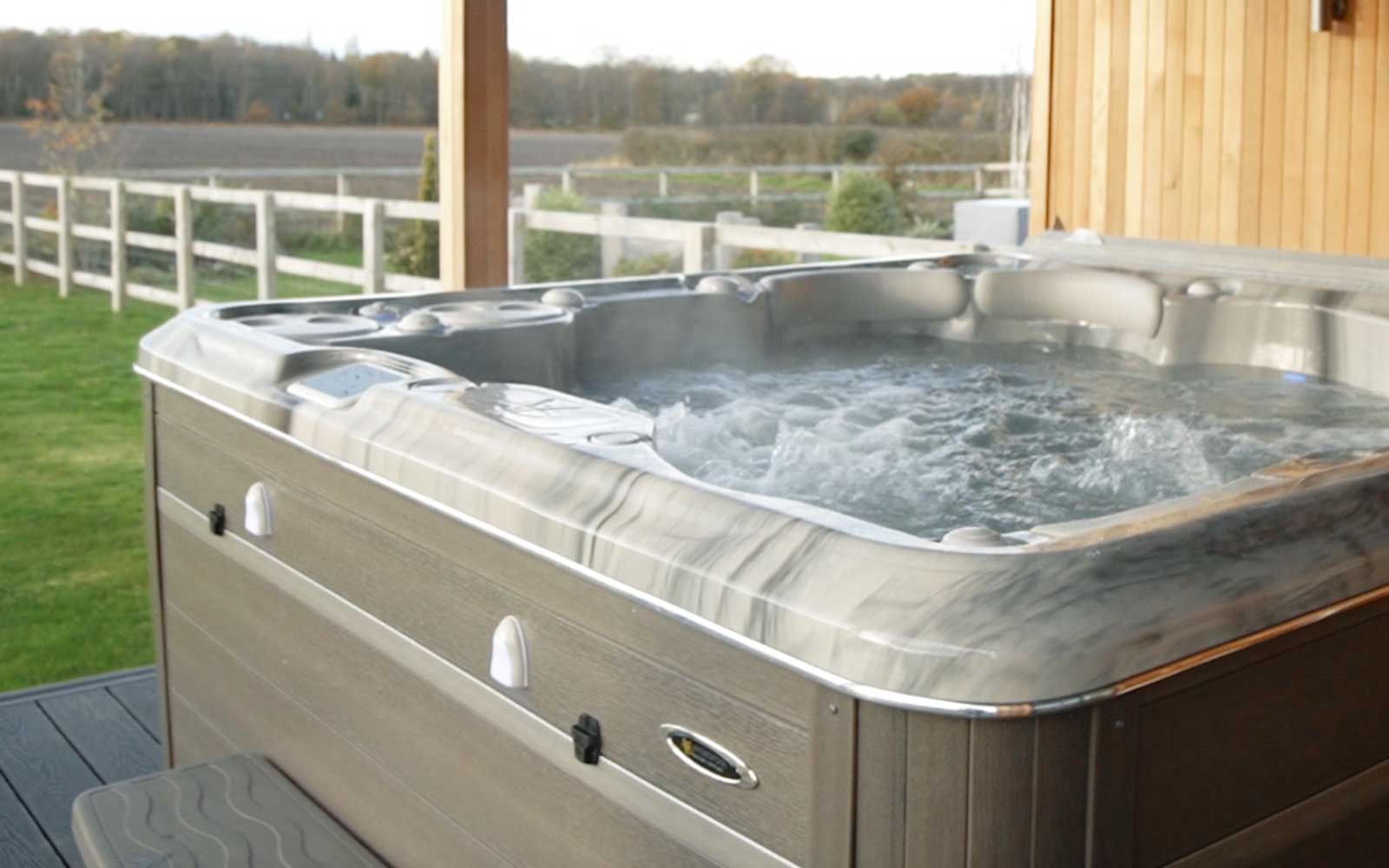
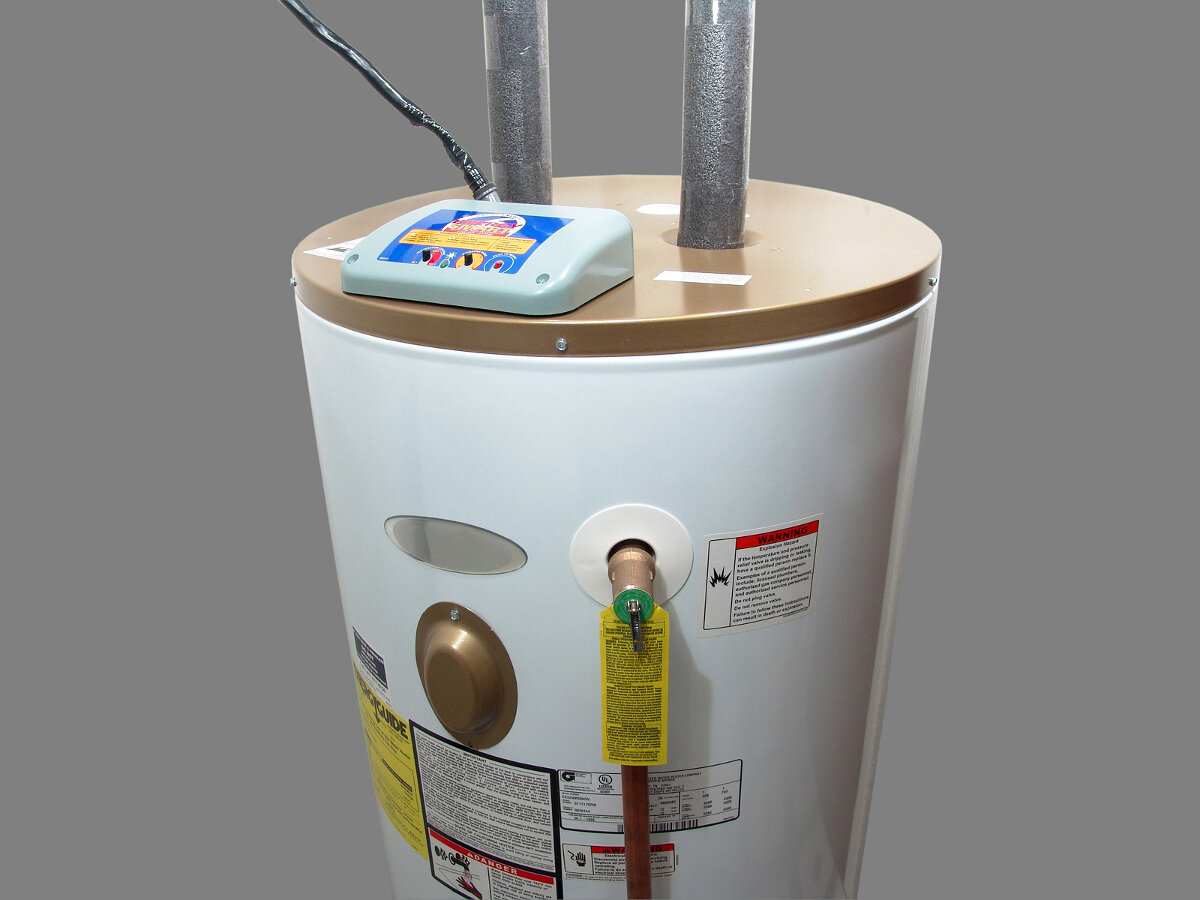


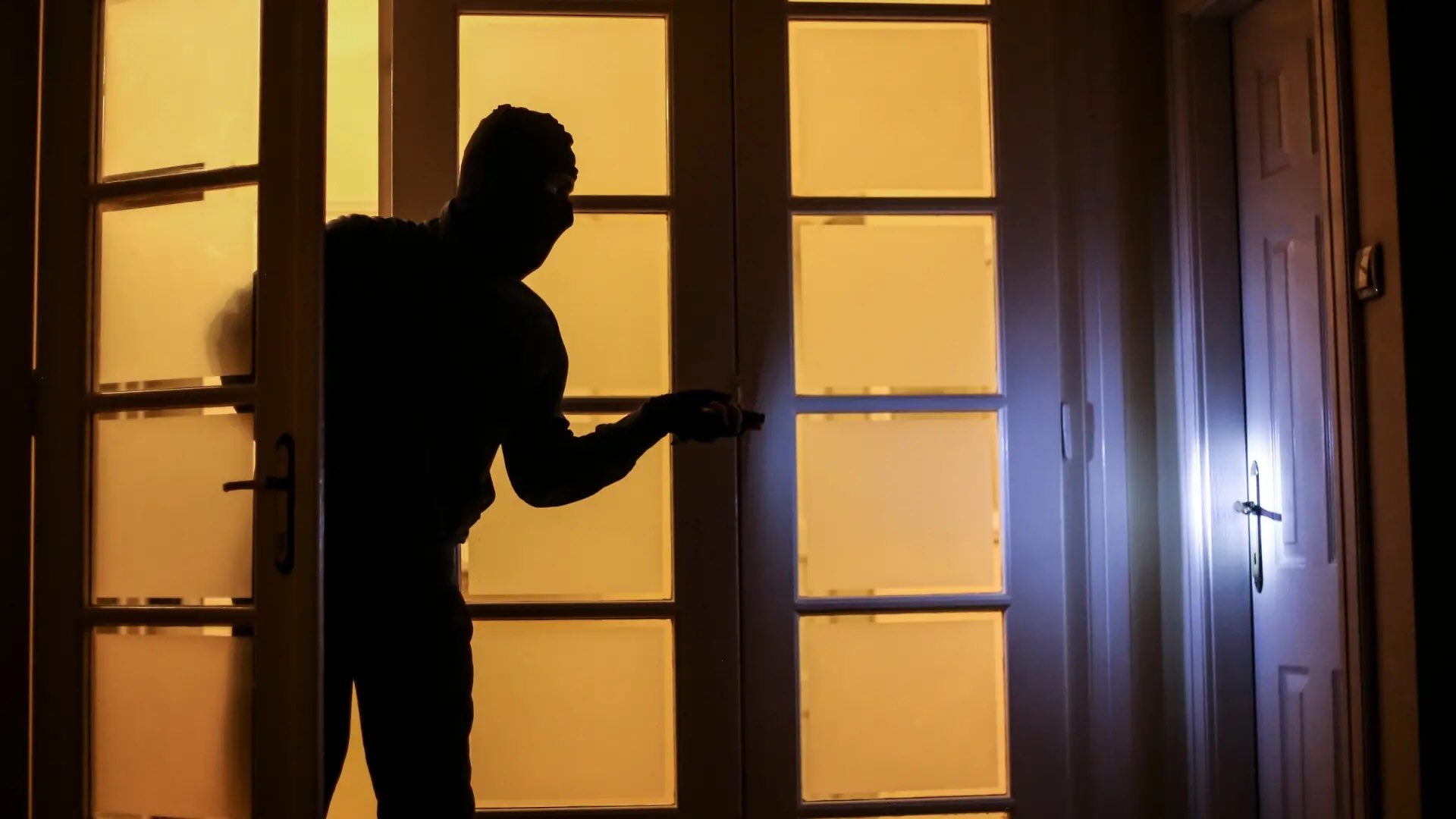
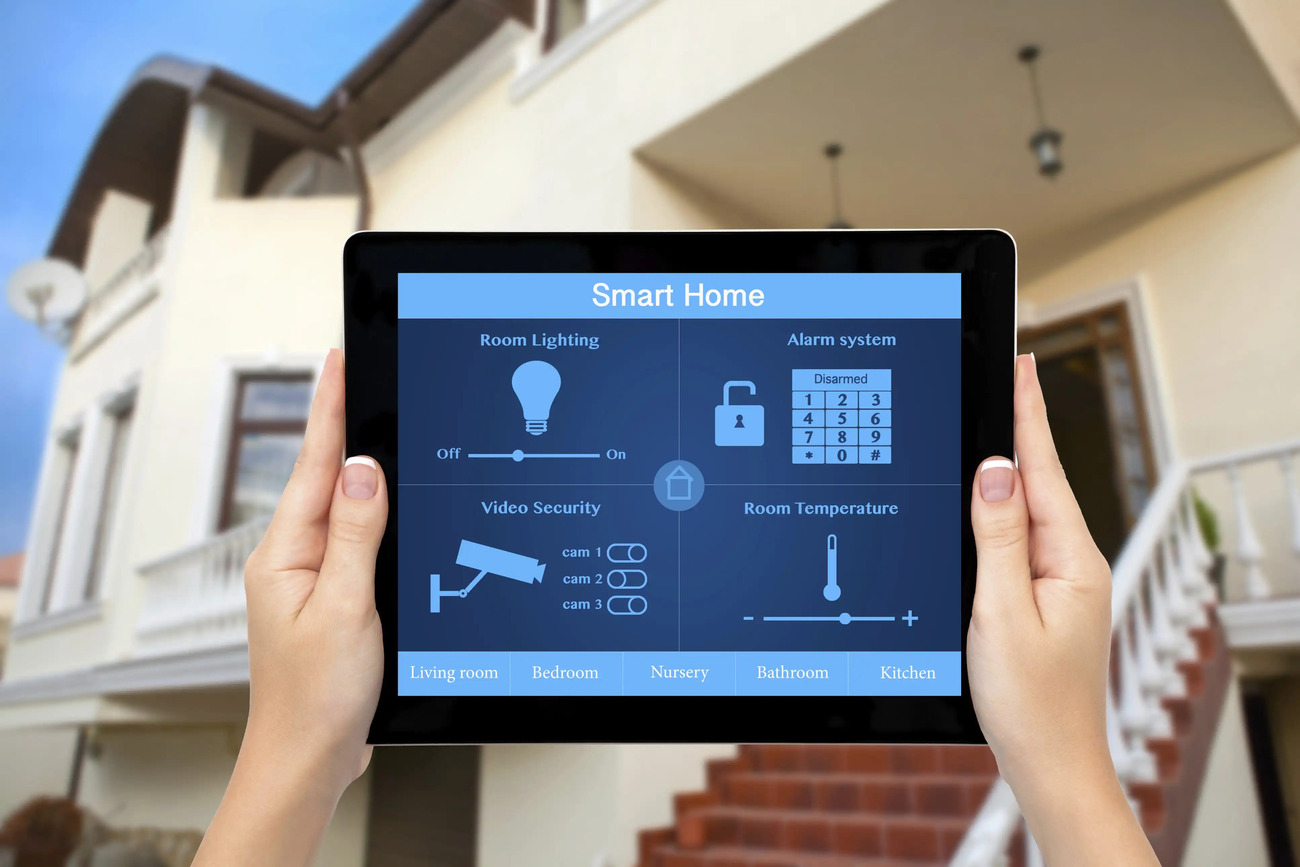
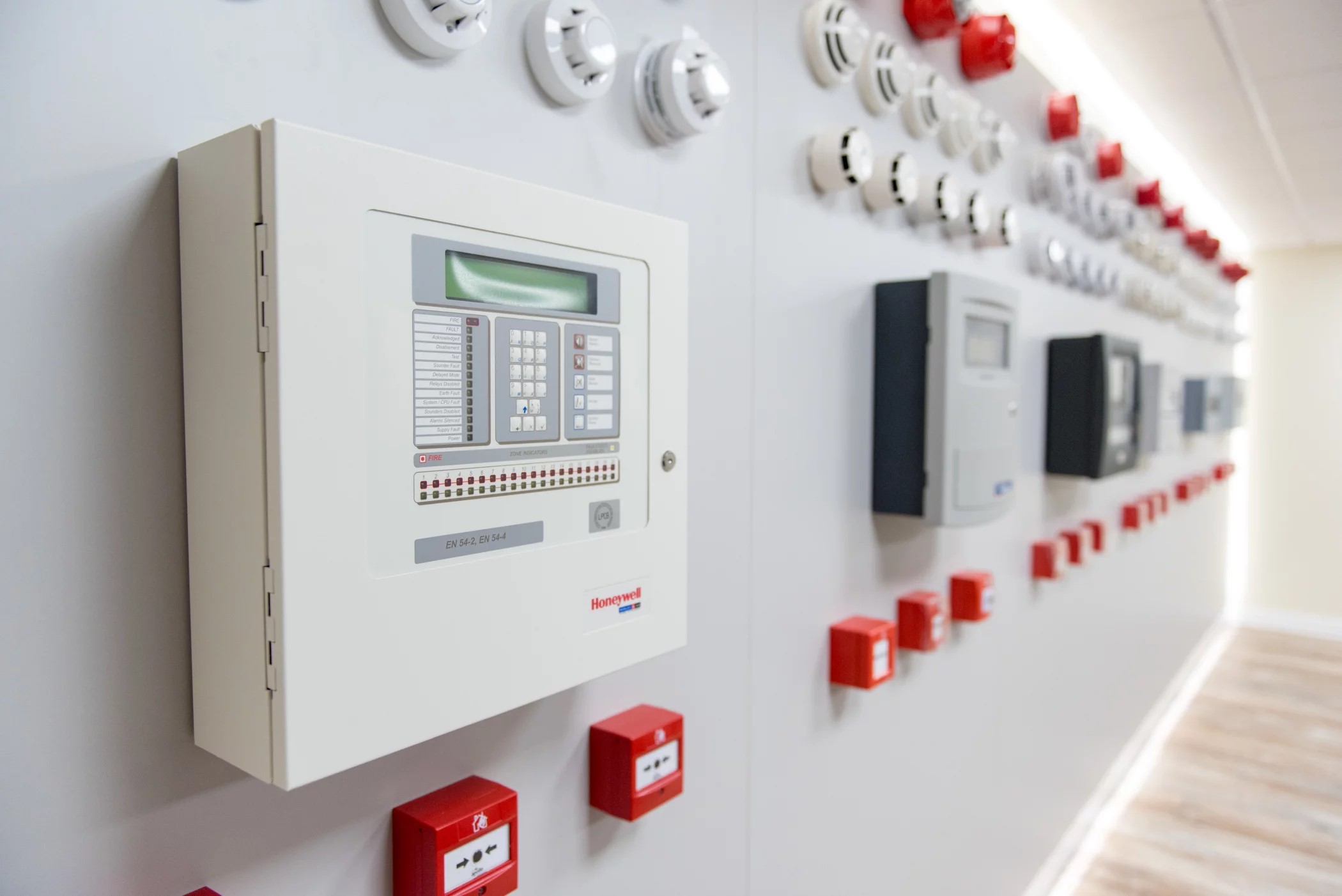
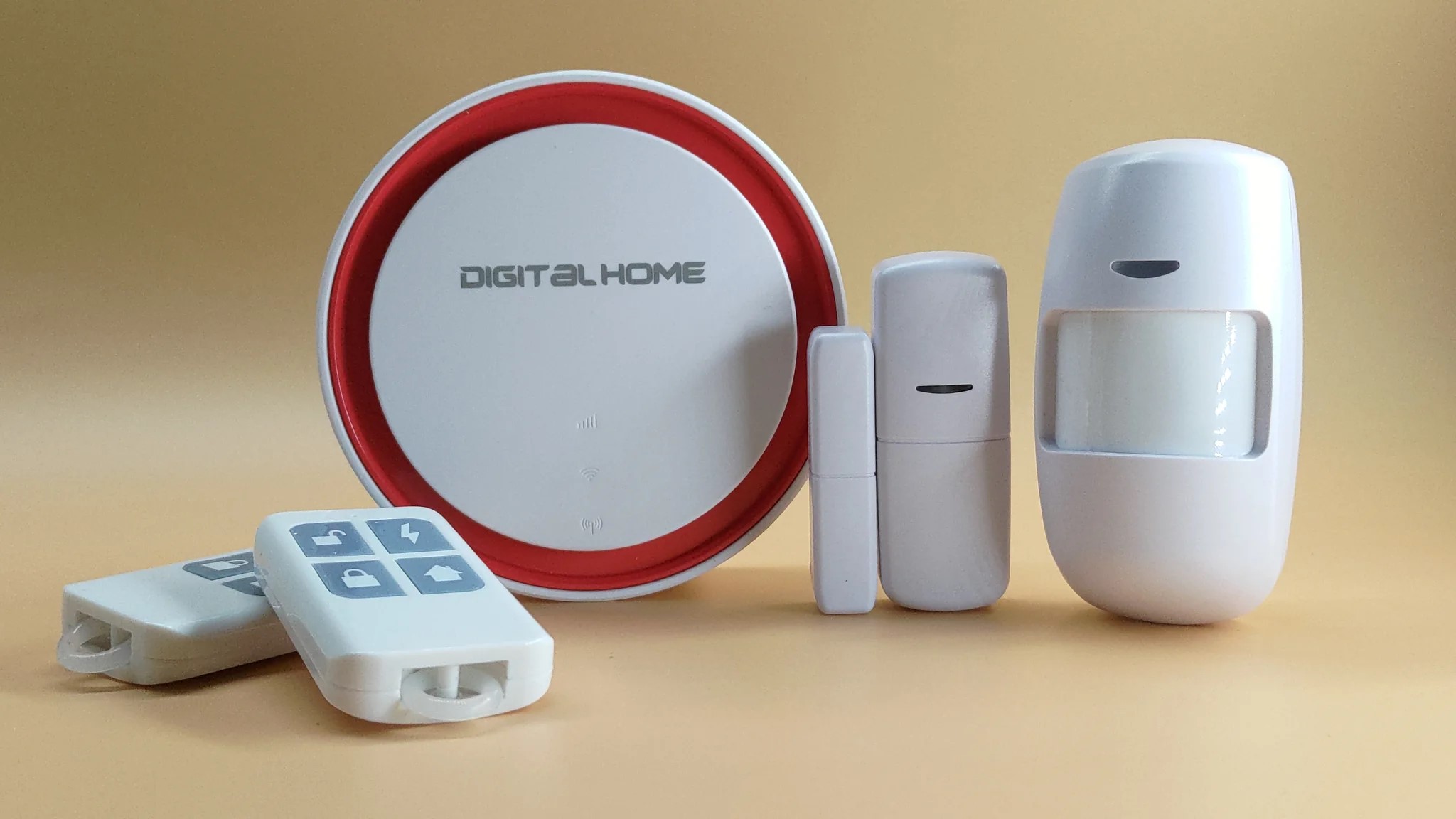
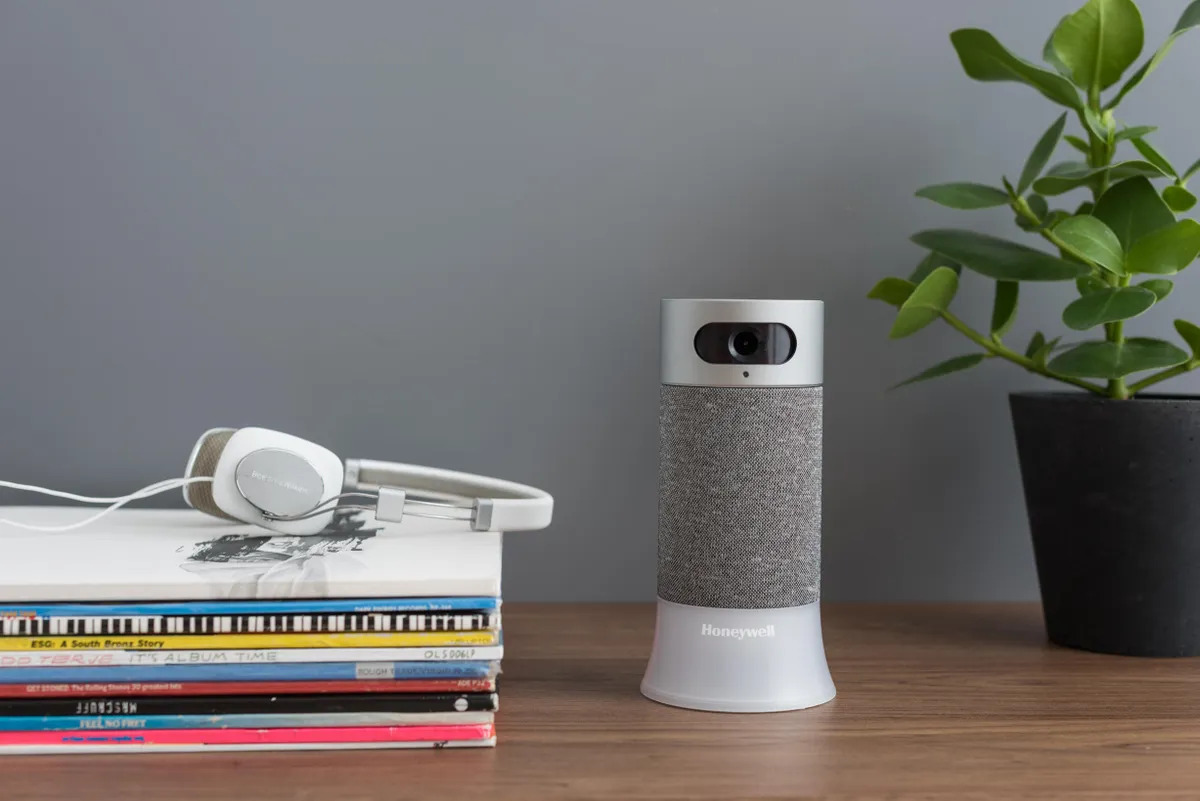

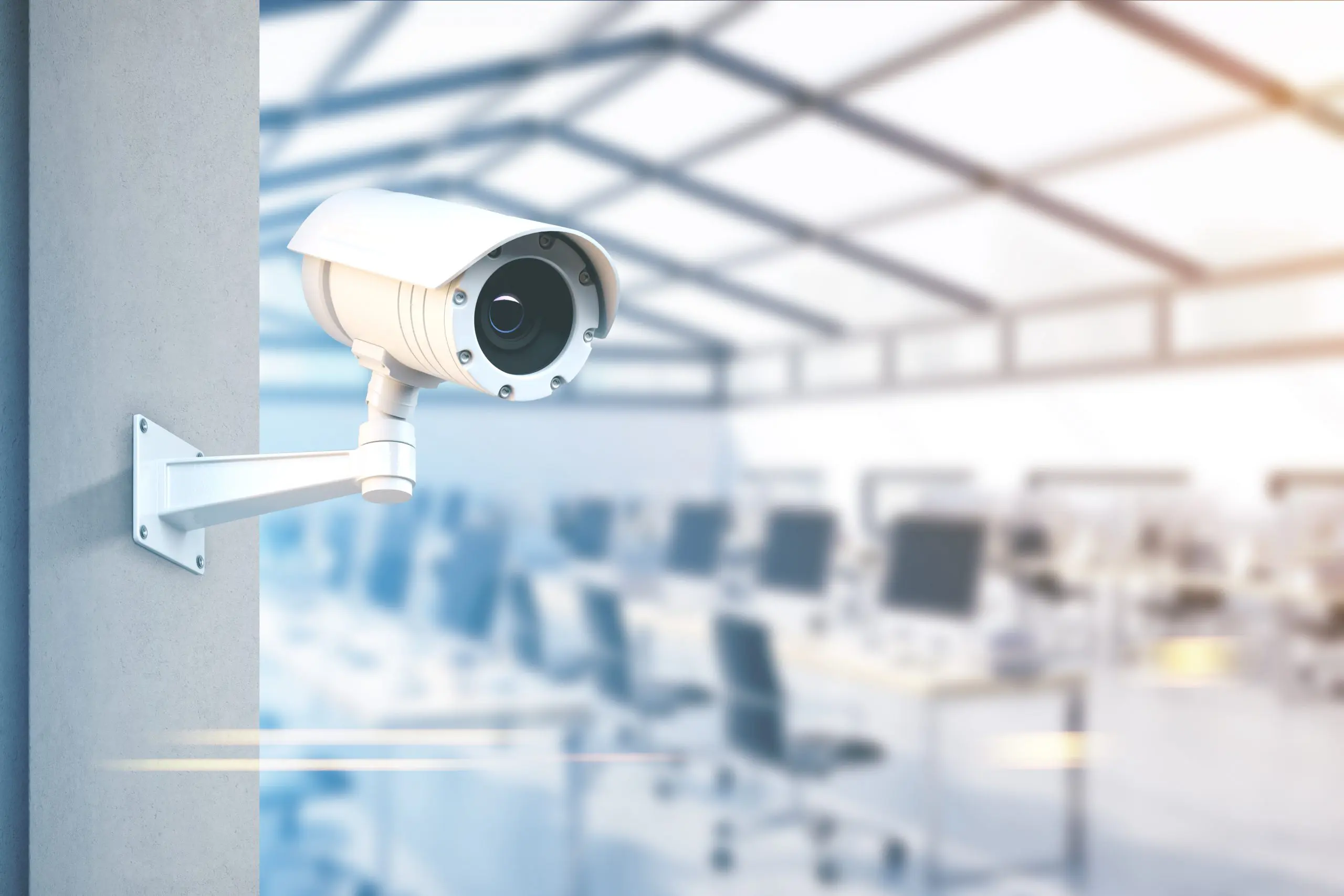
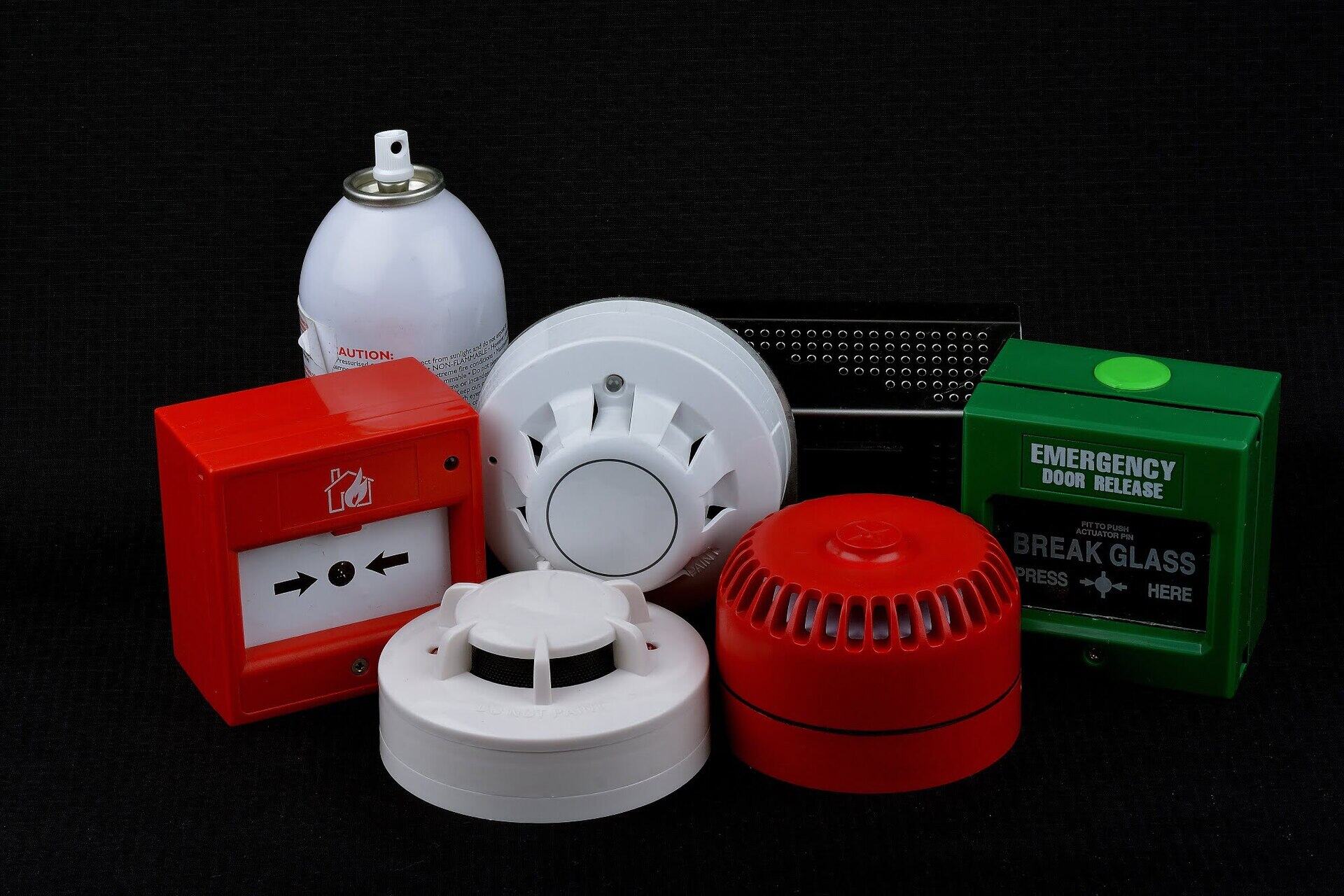

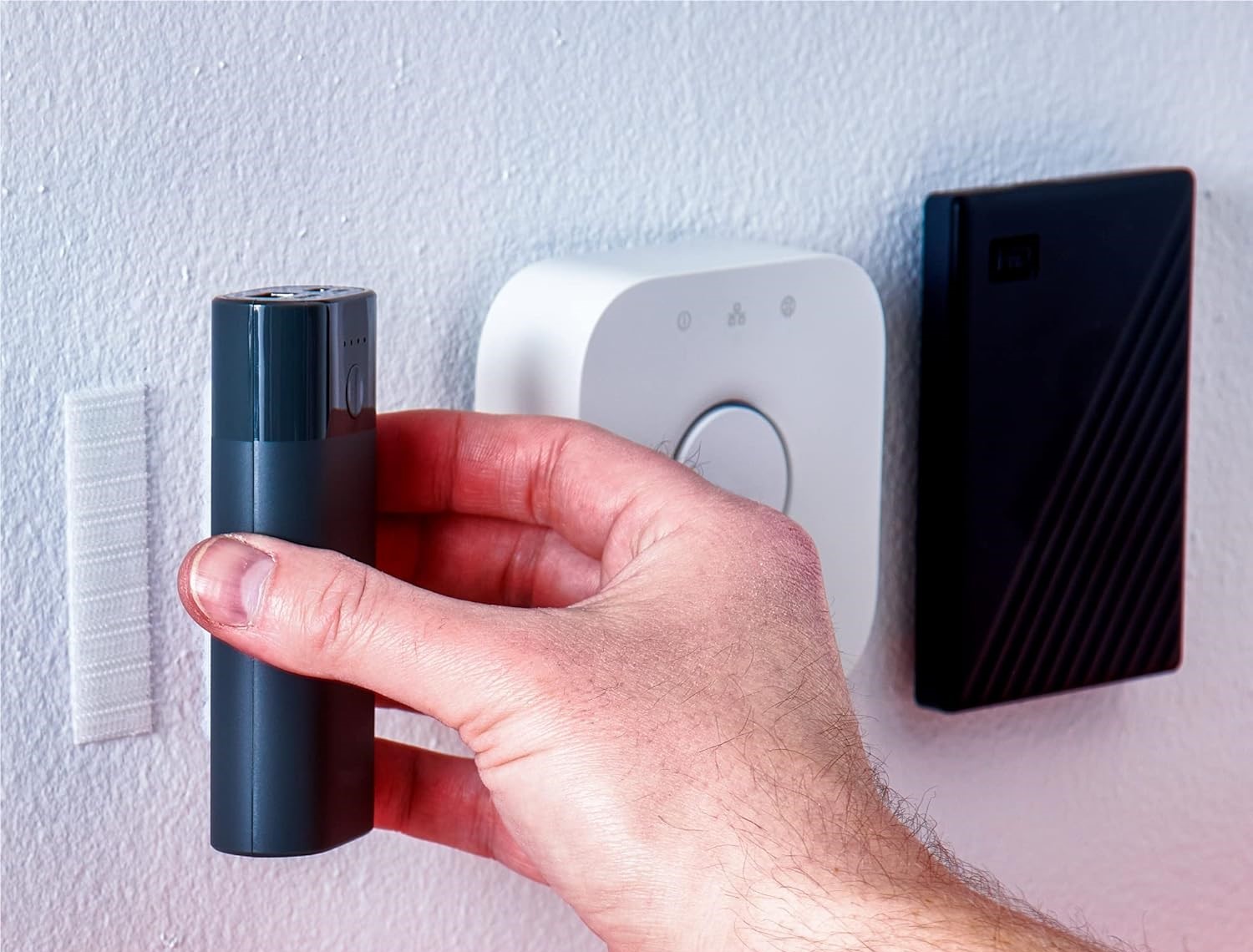

0 thoughts on “What Is The Lifespan Of A Home Ventilation System”